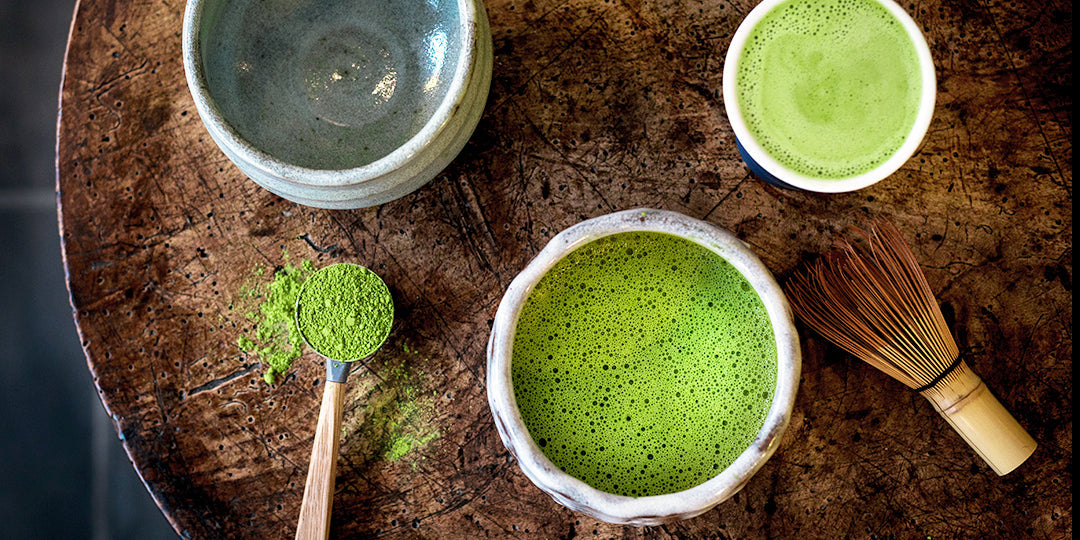If you've been following our social media lately, you'll have noticed we've been starting to roll out our new caddies. These are sleek, elegant new containers that we've had made in Britain from fully recyclable aluminium, with our teas packed into a pouch inside. For the time being, the inner pouch is still plastic and we'll be using the new caddies alongside our existing stand-up pouches, but this is the first stage in our plan to phase out traditional plastics from all of our packaging.

Over the next few months, we'll be getting in new equipment that will allow us to switch to bio-degradable film for the inner pouch. Once that's up and running, we will be gradually phasing the old stand-up pouches out. That means we will end up using packaging that is entirely either recyclable or bio-degradable.
We're doing this for two reasons. One is that while the stand-up pouches have served us well over the years, they are only so effective and have reached the limits of what can be done without rethinking the design. The main reason for our decision to change, though, is that we are trying to reduce the amount of packaging we use. We are especially to cut down on non-recyclable packaging and plastics of all kinds.
The 'War on Plastic'
We are all aware of the damaging effects of plastics on the environment. What we might not have been so conscious of, though, is the scale of the problem. The now-famous David Attenborough segment on plastic waste in our oceans, shown as part of his Blue Planet series, shocked many. Even if we already knew about the issue, it still opened a lot of peoples' eyes to just how much plastic we use on a day to day basis.
While a lot of plastic packaging is unnecessary and can easily be cut out, tea is one of the products that will always need some sort of barrier to keep it contained and safe. It isn't like the classic supermarket scenario where oranges or pineapples have been individually shrink-wrapped and sealed in protective atmospheres despite having perfectly good skins that do the job naturally. With tea, it is very important to keep it dry and keep air off it, otherwise it will spoil or go stale very quickly.
The tea industry does rely too heavily on plastics, though. From the packaging to takeaway cups through to the familiar teabag at home, plastic is involved at almost every level. Teabags appear to be mostly made of filter paper, hemp fabric or similar material, and while those materials are degradable and compostable, they are laced with polypropylene, which allows heat sealing while being resistant enough not to just melt when boiling water is poured over them. We have been just as dependent on plastics ourselves. Although our loose leaf teas of course can be enjoyed without any plastic involved in the preparation, we have been using our plastic stand-up pouches for years.
 Our Goals
Our Goals
As we switch over onto our aluminium caddies, we'll also be introducing a bio-plastic film for our inner lining to keep the tea safe. This is generally better than using oil-dependent traditional plastics, but it is still not a perfect solution. Bioplastics are still energy-intensive to manufacture and use up agricultural land that could otherwise go towards growing food, for example. Still, when paired with a plan to cut down heavily on plastic use more generally, we think that using a bio-plastic for the things that really do need a plastic-type material is the way forward.
For now, we will be rolling out the aluminium caddies and offering the existing stand-up pouches alongside them in our shop. Our online shop will be offering the existing pouches until the bio-plastic film is ready, at which point we will offer the caddy as well as a bio-plastic pouch refill and a larger pouch using the same style of stand-up pouches that we have now.
This way, we'll be able to keep packaging and waste to a minimum while offering a more unique, more elegant container and without compromising on convenience.

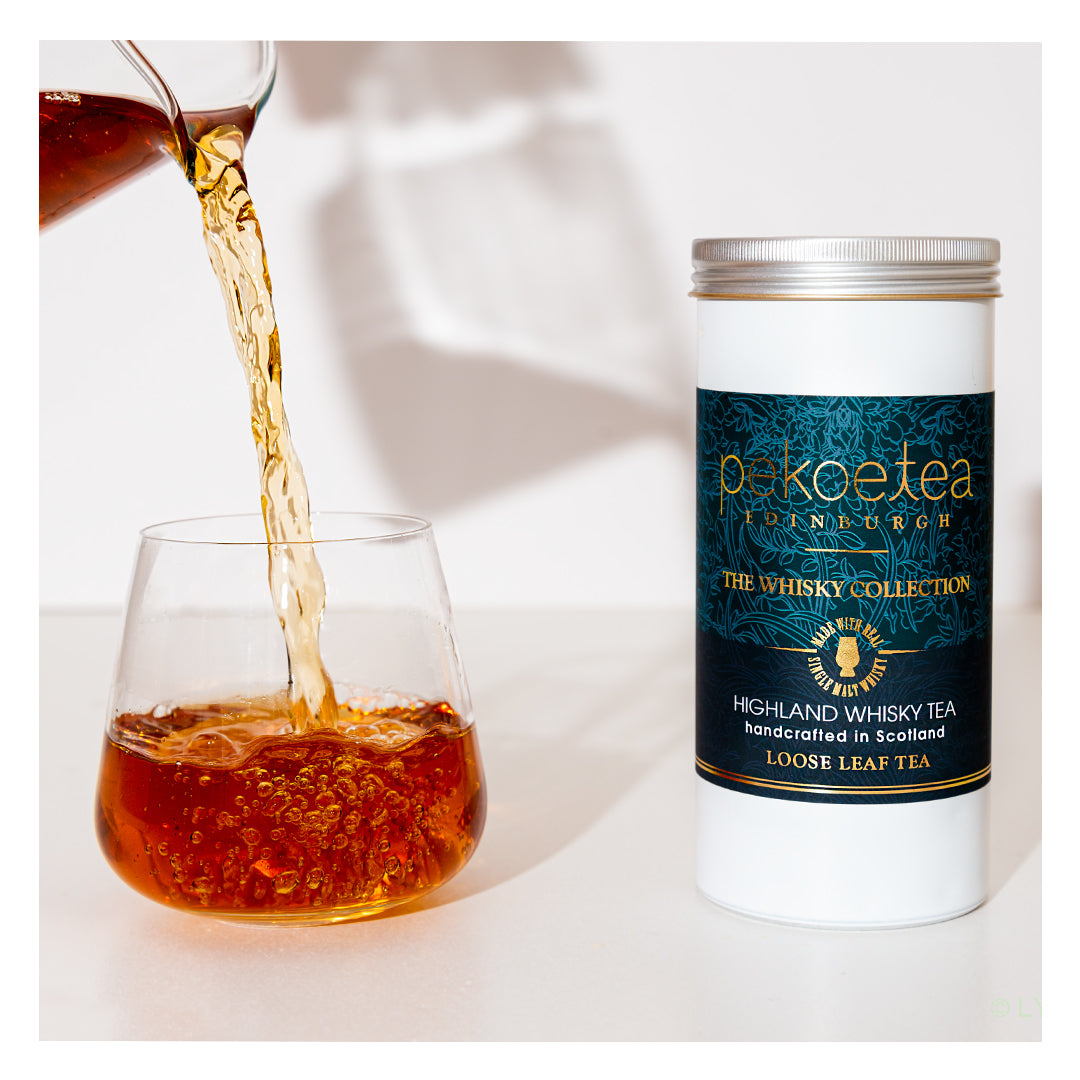
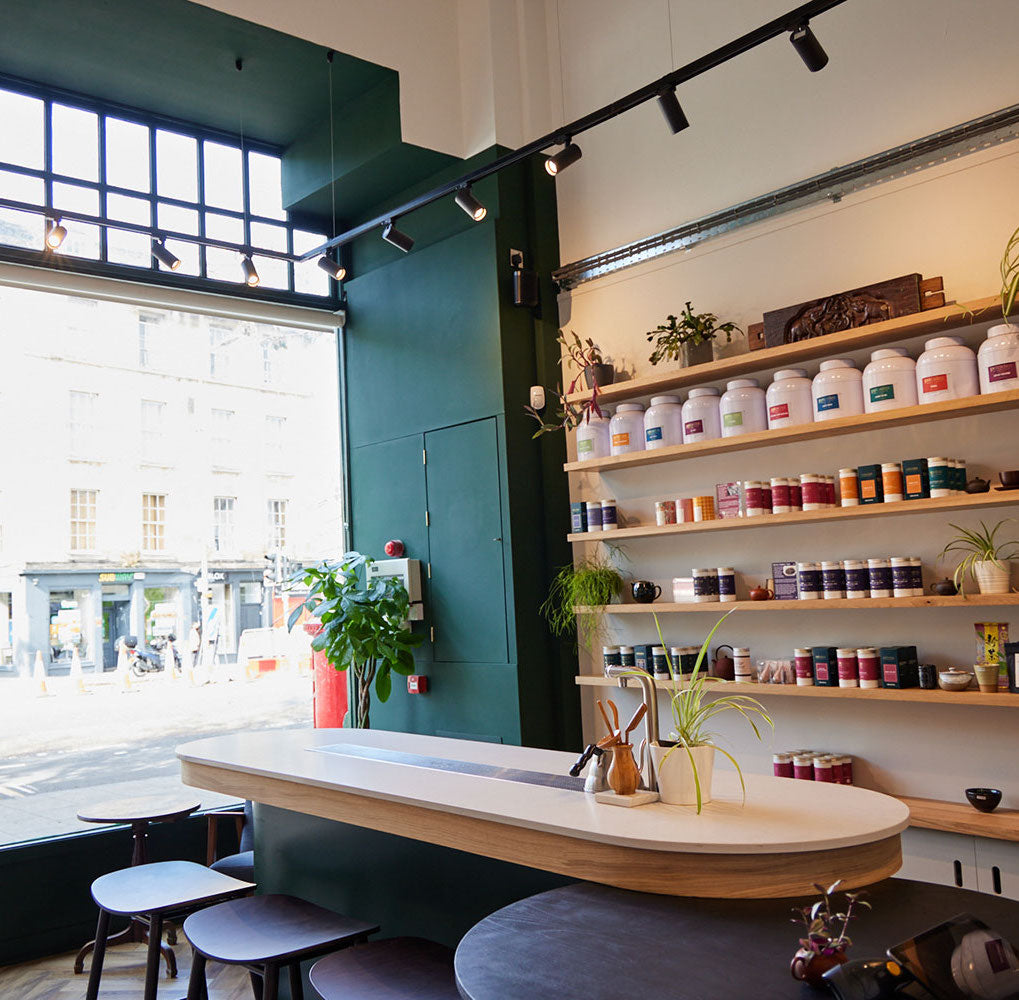
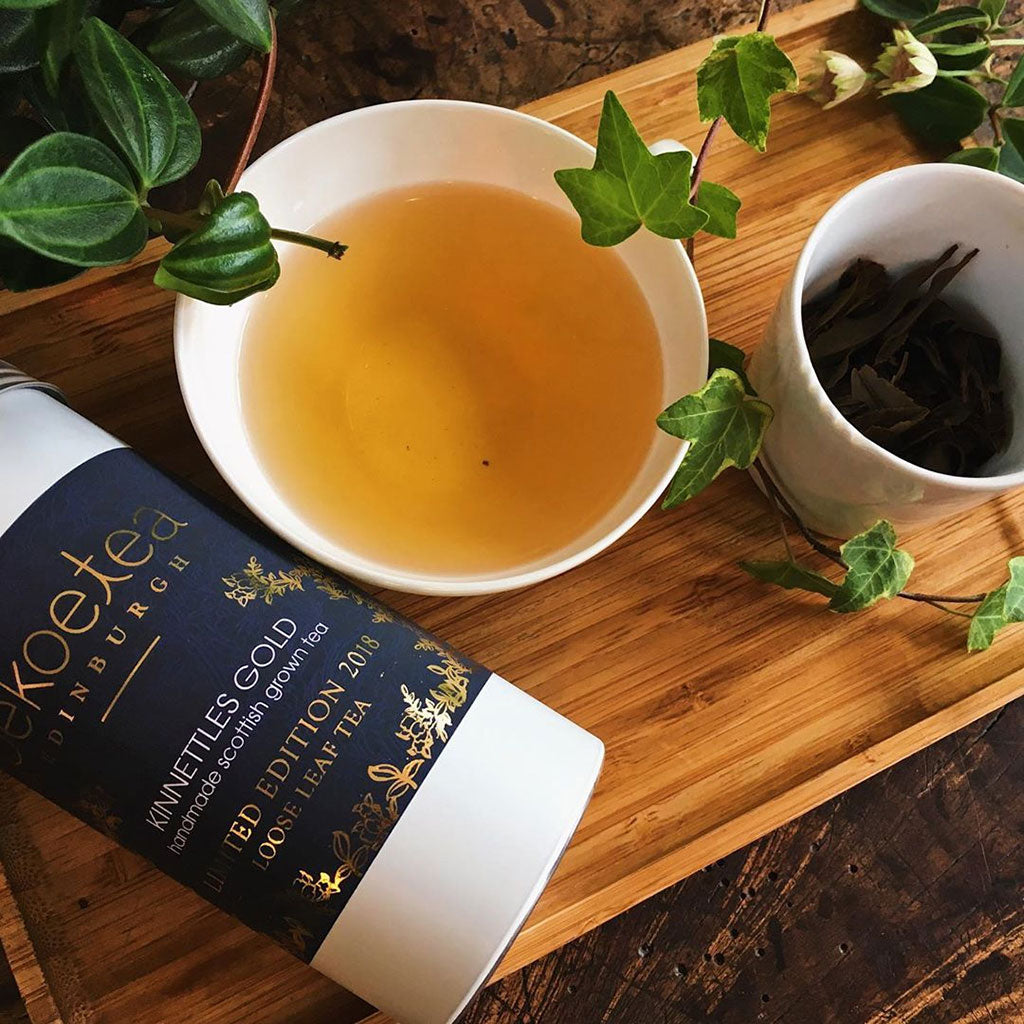



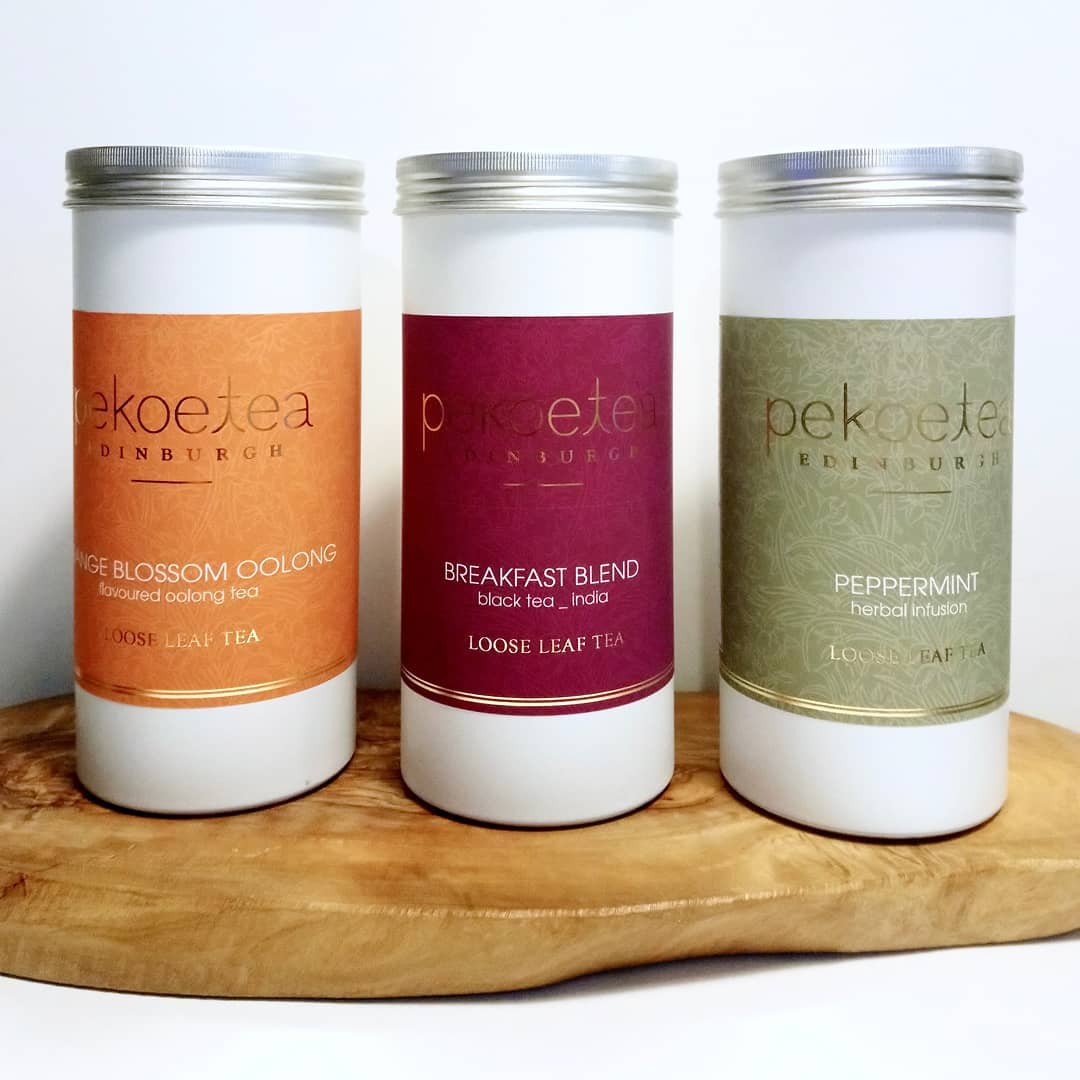
 Our Goals
Our Goals